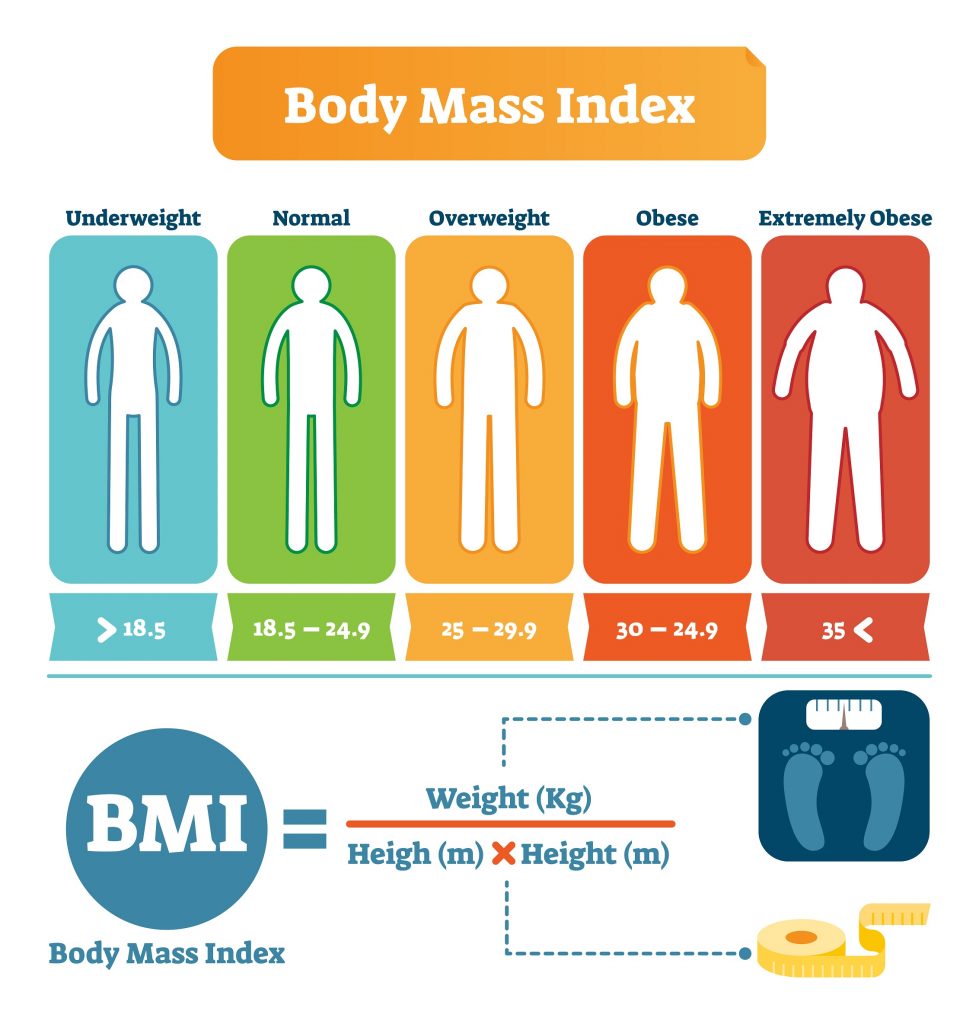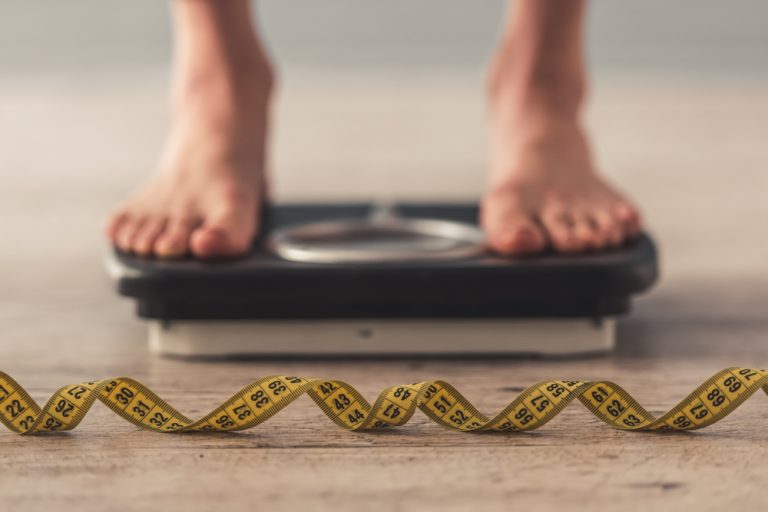For people who care about their figure, weight is one of the basic determinants of the physical form. It is worth remembering, however, that your weight can cheat you well - especially if we weigh in the wrong times and in the wrong way. It’s true – weight checks matter. And it matters quite significantly. When do you weigh to get reliable information?
When to weigh – at the morning or evening?
The answer is always very simple, we always weigh in the morning. Weighing up during the day or evening does not make sense - after each meal, our weight increases, the same happens when we drink. As a result, weighing in the afternoon or evening, we can weigh up to 3 kilos more - and this is not surprising! This is a very natural process - the weight is increasing because we have indigested food that is in the stomach or intestines, we drink water, sometimes we get this water by swelling, menstruation - this also increases the number of kilograms.
Therefore, one objective weighing is made in the morning - preferably on an empty stomach and after a visit in the toilet. We then have an empty stomach, and the number on the scale shows exactly how much we weigh - without any additional load.
When to weigh yourself while on a diet
If you are losing weight, do not weigh yourself every day - it’s completely pointless. It’s best to determine the days when we weigh ourselves. For the first time, let’s measure your weight on the first day of the diet to know at what level we start. Then let’s weigh yourself once in a week.
It is worth weighing yourself regularly on a diet, but not too often. Maximum – once every week, preferably every two weeks. Thanks to this, we will avoid observing weight jumps that are natural, e.g. after a larger than usual dinner, after drinking a lot of fluids and so on.
A much better way to monitor your progress is to measure yourself regularly - optimally every week. Weight jumps up and down for various reasons - in the case of amount of food eaten, menstruation, water retention, dehydration - while the dimensions always show real progress.

When to weigh yourself - women’s affairs
It is also worth remembering that weighing during menstruation is completely pointless. Why? Before these days, a large number of women tend to retain water in the body, which not only promotes visual swelling, but also causes temporary weight gain. Probably no one who is trying to lose weight would suddenly want to see 3 kilos more weight day by day - that’s it!
It is best not to weigh 4-5 days before the expected day of menstruation. You can safely weigh yourself about 2 days after its end. Thanks to this, we will avoid sudden surprise and a drastic decrease in motivation. It should be remembered that weight gain during this time is completely normal and ninety percent of it has nothing to do with weight gain, but only with water retention.
Weighing after the party
If we happen to deviate from the diet, eat a large amount of food the previous day or party with interest - the next day we should not weigh. After a large amount of food, our weight will definitely increase - however, it will not be fat, but only stuck food in the intestines. If the feast was really intensive, weight gain can last up to 3 days.
If, however, the previous evening we allowed ourselves some drinks, we should also avoid weight the next day. In this case, it can fool us the other way by showing us a smaller number. This is due to the fact that alcohol is a very dehydrating agent - so we lose water, and with it - the numbers on the scale. However, it is worth remembering that, as in the case of overeating, the higher weight is not caused by actual weight gain, so in the case of alcohol, lower weight does not mean that we have lost weight, but only that we are dehydrated.






